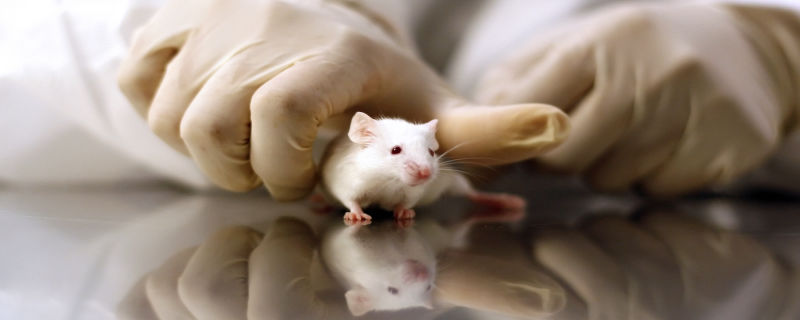Can Better Biotech Finally Replace Lab Animals?
Replacing research animals with tools that better mimic human biology could improve medicine.
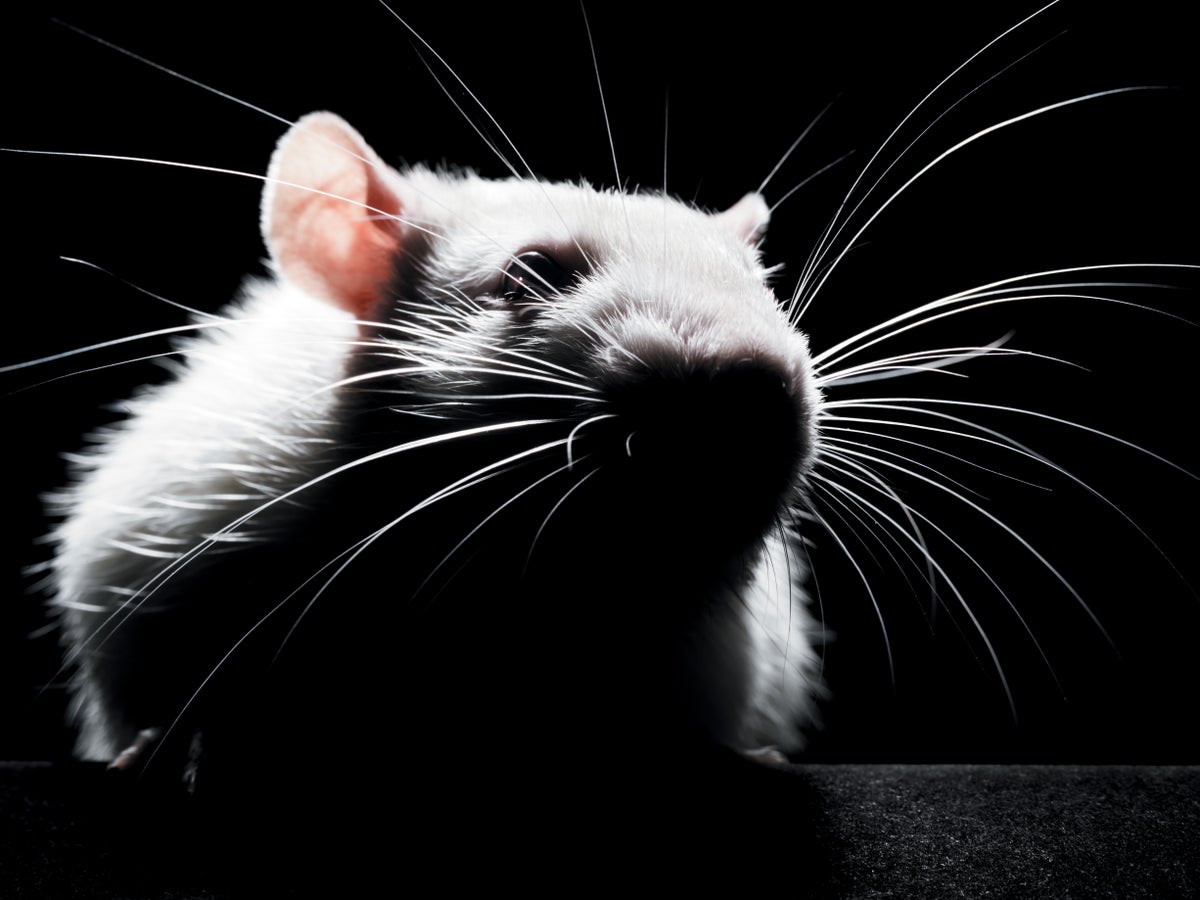
Send us a link
Replacing research animals with tools that better mimic human biology could improve medicine.

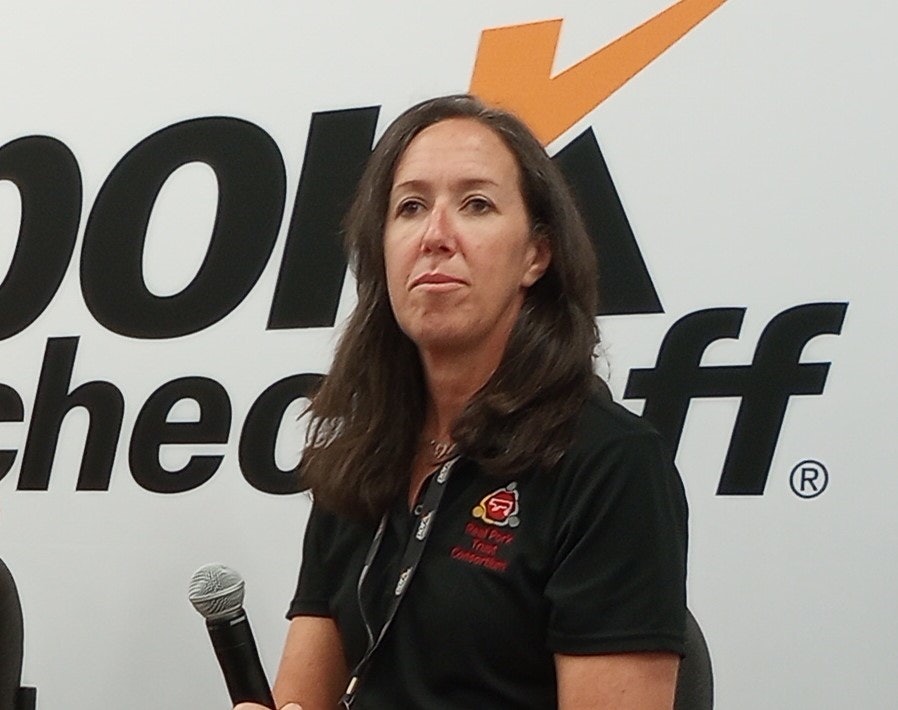
New research is revealing surprising complexity in the minds of goats, pigs, and other livestock.
The Commission is responding to the European Citizens' Initiative (ECI) ‘Save Cruelty-free Cosmetics - Commit to a Europe without Animal Testing'. The response provides a comprehensive overview of the EU's legislative and policy framework relevant to the use of animals for testing purposes. It also proposes additional actions to further reduce animal testing.

New methods are emerging to quantify human and animal welfare on a common scale, creating new tools for policy.
Readers discuss experimentation on lab animals.
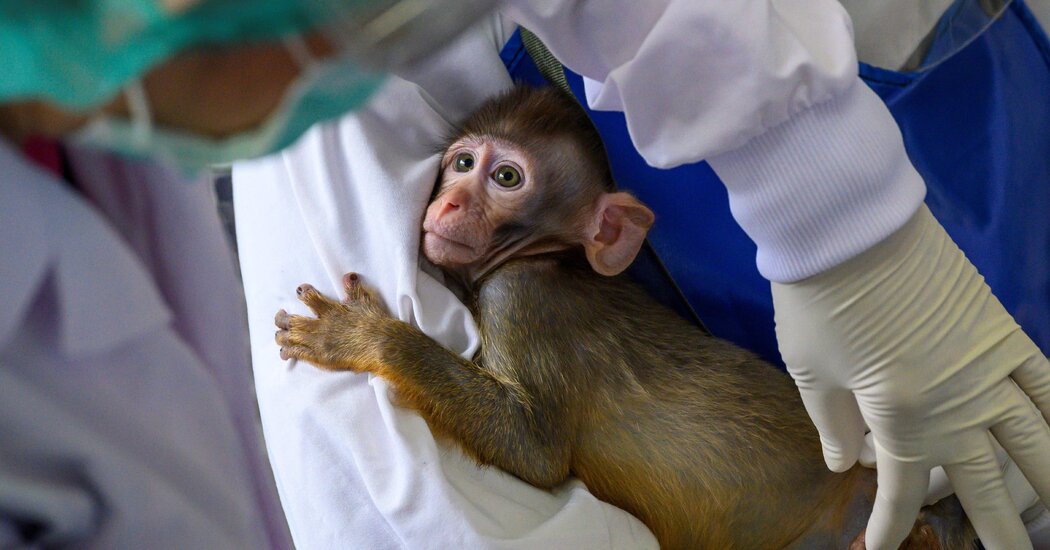
New technology involving miniature human organs built in a lab is a step towards better treatments and ending a contentious practice.
Lisa Jones-Engel quit her work as a lab researcher when she began to see how 'like us' monkeys are

New analysis finds chemicals tested on animals in moisturisers, lipsticks, hair conditioner and sunscreen, despite ban.

The investments are promising but won't fix the primate shortage, experts say.
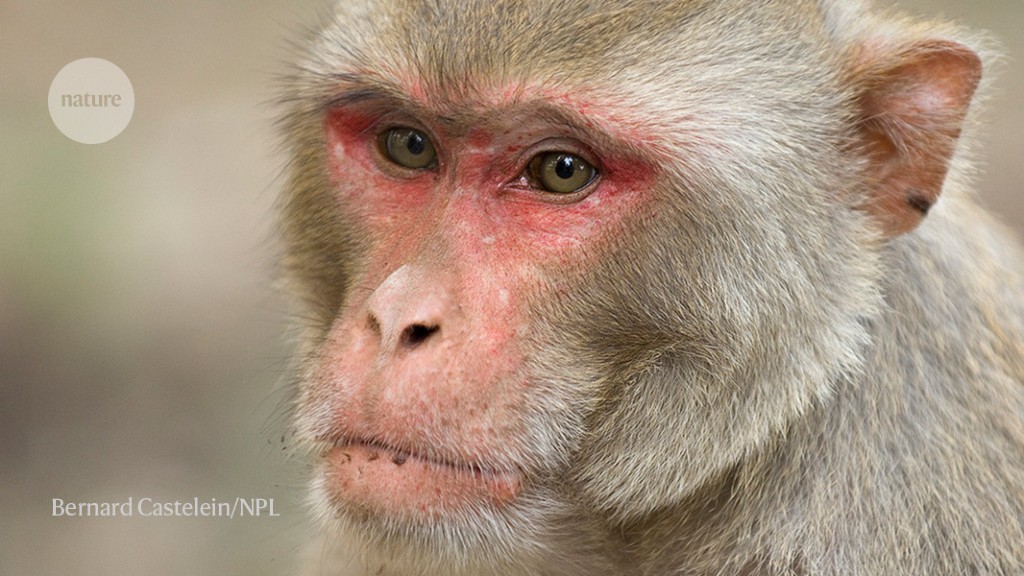
The mass killing of Danish minks shines a spotlight on a highly dubious industry. It also shows how little we value the lives and deaths of so-called farm animals.
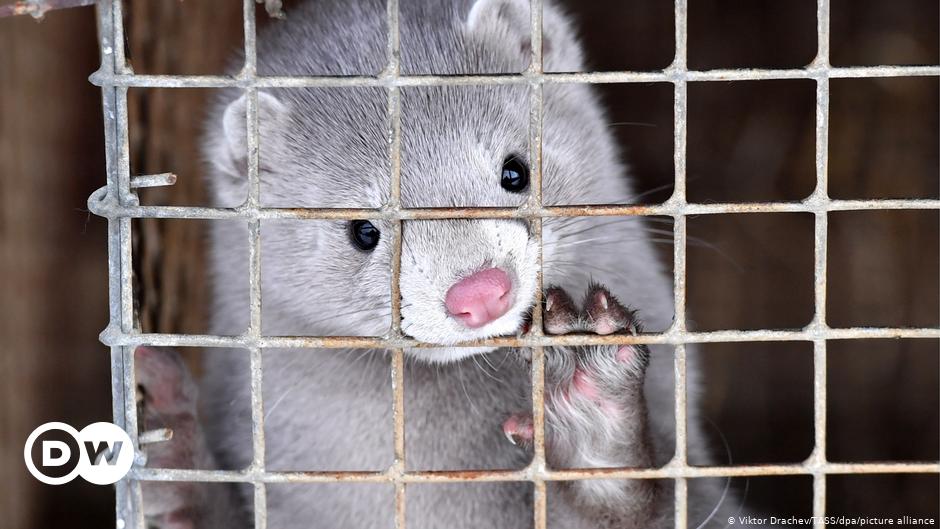
Analysis at Dutch university suggests researchers are not reporting a large number of animal experiments.
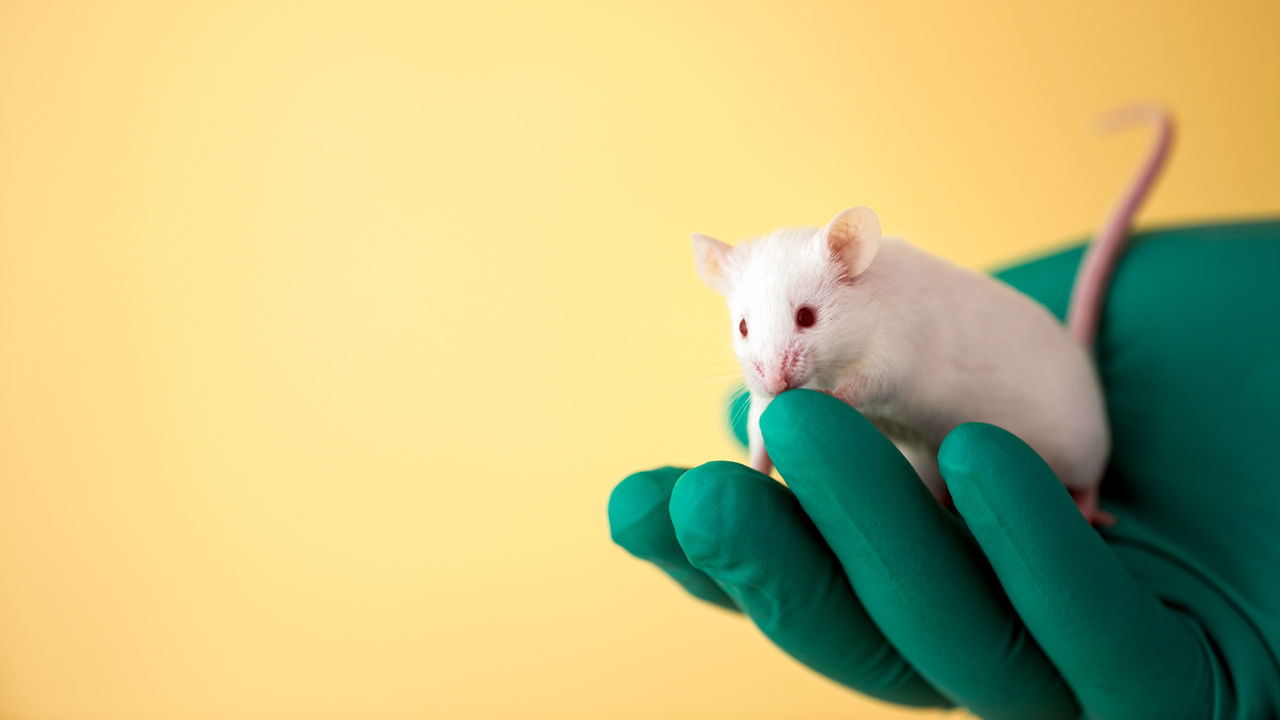
Organs-on-a-chip and other technologies are becoming reliable models for testing drug efficacy and toxicity.
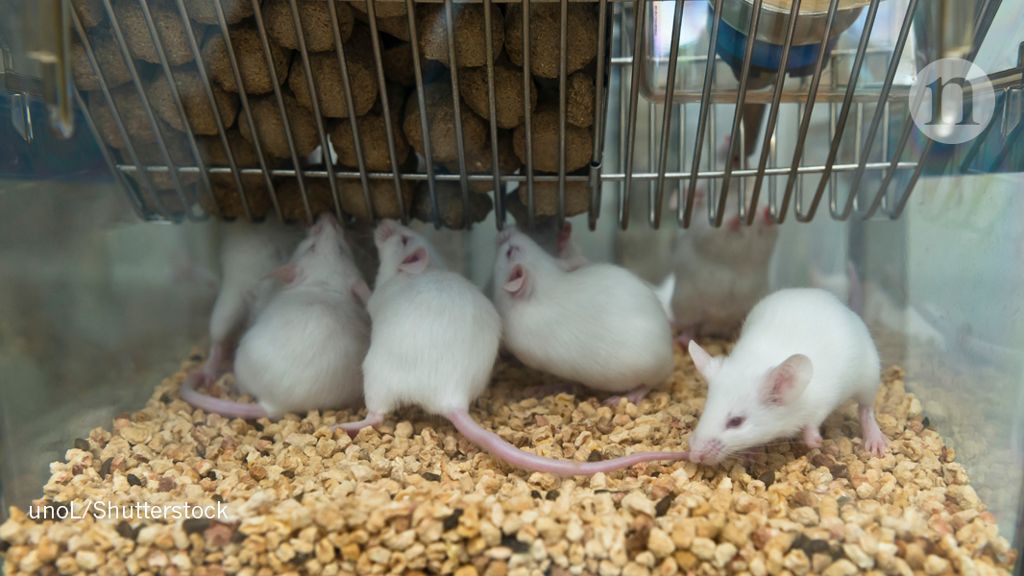
Animal-rights group's campaign to end forced-swim tests comes amid debate over whether method is overused.
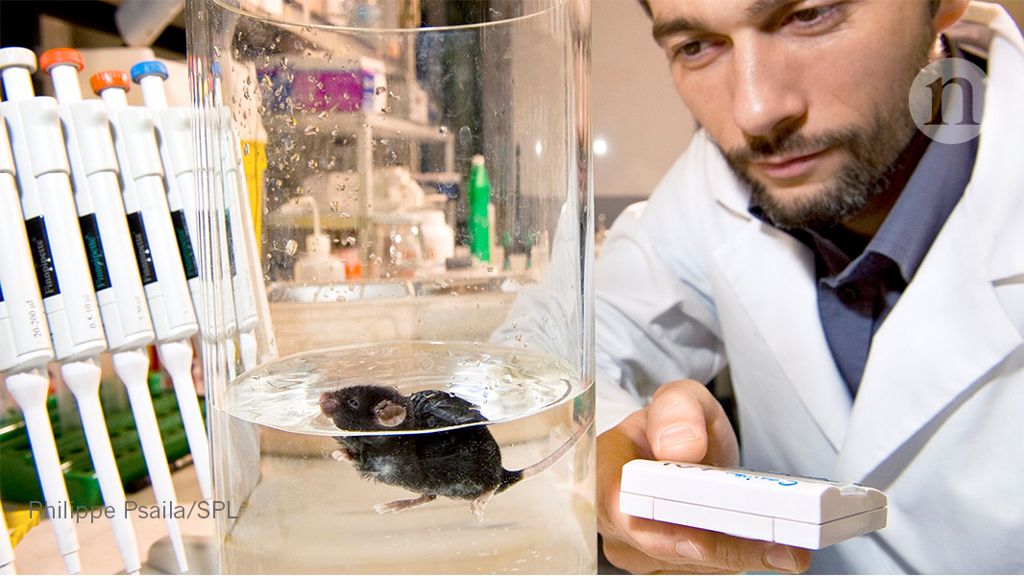
Scientists say that increasingly rigorous licensing procedures have complicated research efforts - and in some cases, stopped experiments completely.
